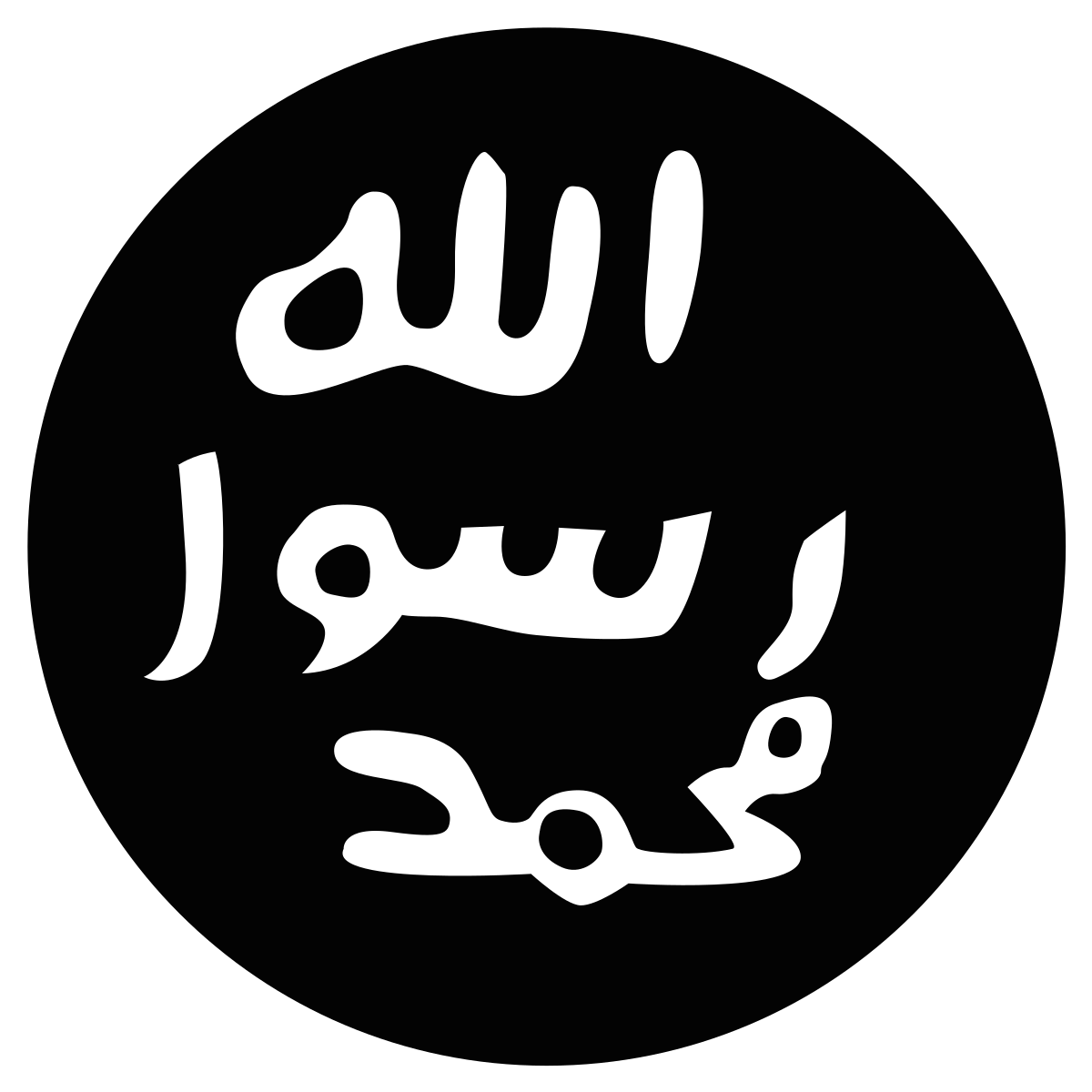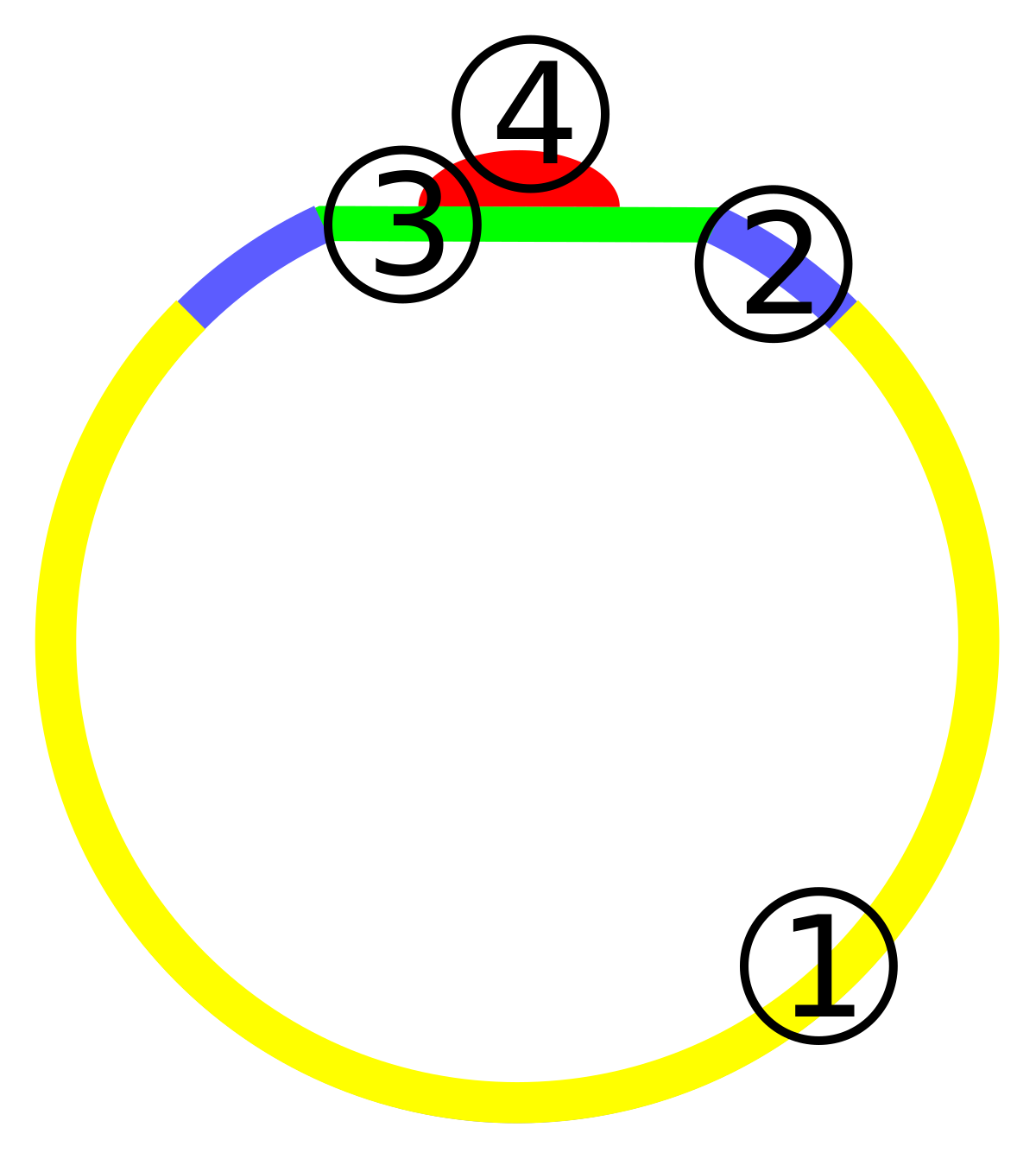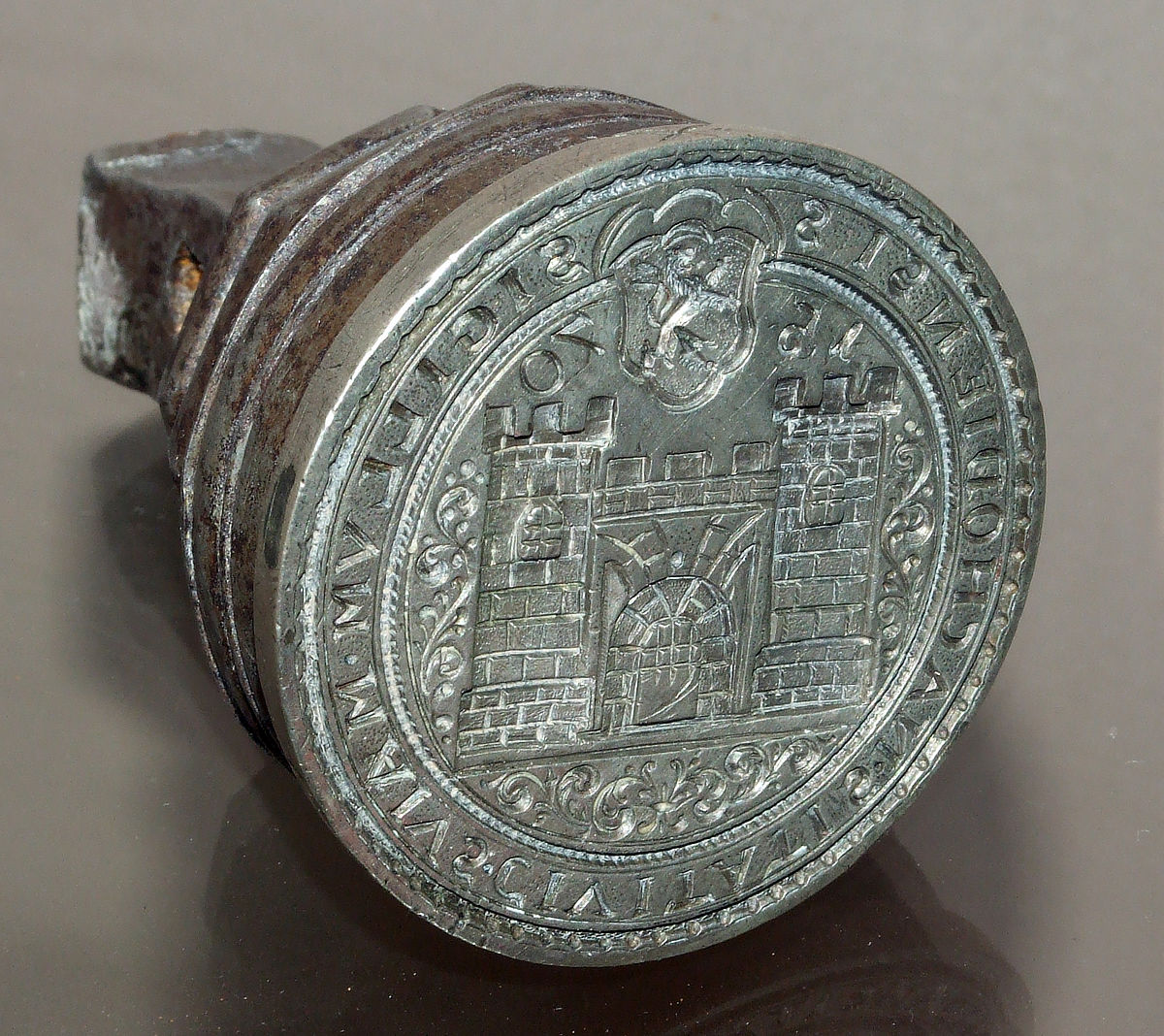I withhold agreement to this.My reaserch tells me, in early Islam, Khaatam, had only one meaning. And that was Signet Ring.
Sure, and in this case (of the Baha'i teachings) "God and those well grounded in knowledge" is a reference to Baha'u'llah and Shoghi Effendi respectively. Not to yourself as I see it.It is like the Sun in English. There is only one thing that we call the Sun in English.
Now, the Sun can be used metaphorically as well. Sun of Righteousness.
Khaatam can be used Metaphorical as well. Khaatam of Prophets, or signet ring of prophets. But what is intended by this?
Quran verse 3:7 says, no one knows its interpretation except God and those well-grounded in knowledge.
That's the whole point I am making here.
I believe if your God misleads people without a decent reason (which I'm pretty sure you are unable to provide) your God is malevolent.If you had seen my other thread, about verse 3:7. Why there are verses which are unclear in the Quran?
Because these verses are meant to conceal the prophecies about the Next Revelation of the Quran, and even produce a misunderstanding that Muhammad is Last one, by calling Him, Khaatam, which is an unclear word (unclear what is intended, but many thought it means Seal as in Last).
And if you have seen my other thread about God creating Dark and Light, then this is exactly how God creates Dark, if you know what I mean. By using the unclear words, which misleads those who God does not want to guide, thus God creates darkness.
In my opinion.
Last edited:



